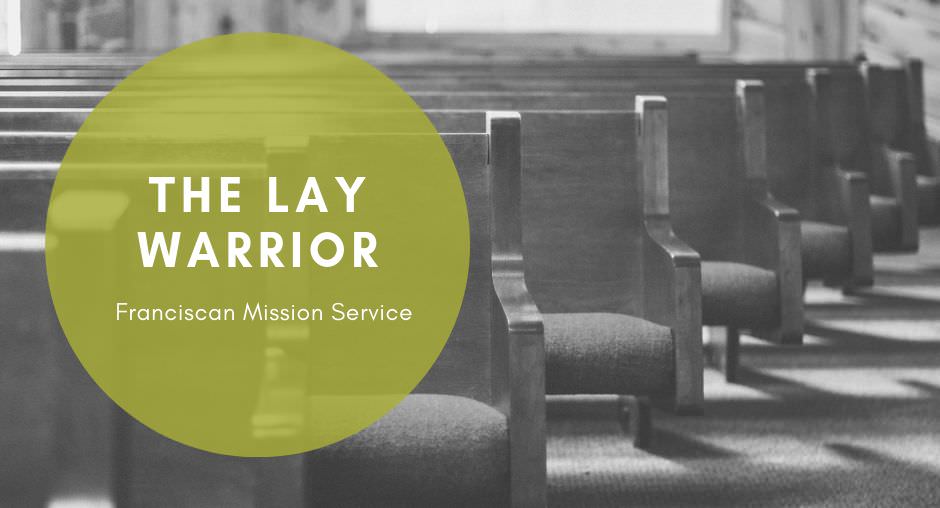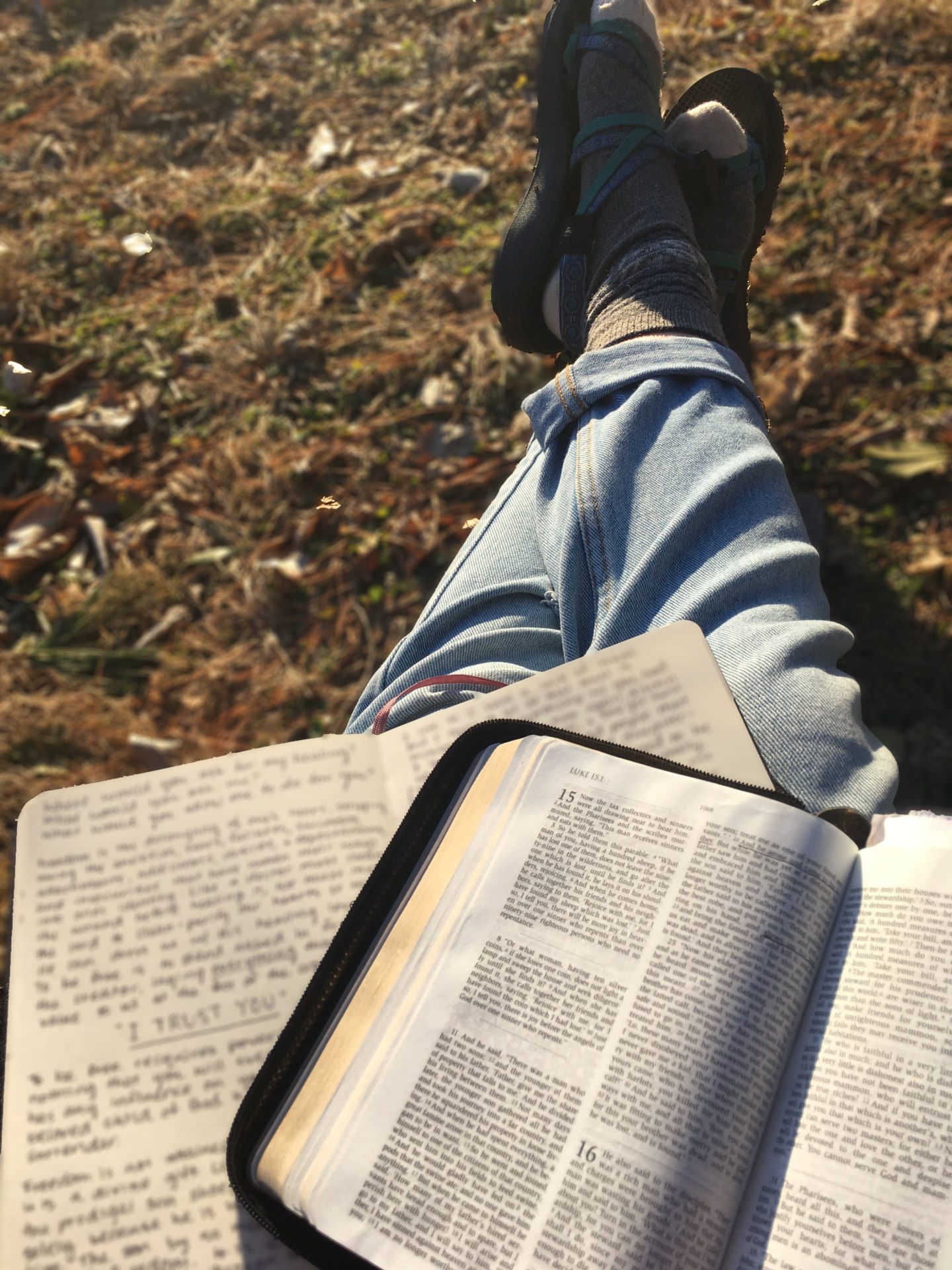The Lay Warrior

Editor’s Note: Current DC Service Corps volunteer Amy Brandt reflects on what it means to be a lay woman in the Catholic Church.
I have always perceived the title “laity” as a description of what I’m not. I’m not a priest or a vowed religious. While both are true, this definition does not capture the essence of who the lay men and women of the church actually are. You wouldn’t describe a circle as not a square, or a dog as not a cat. Yet, somehow I got it in my head that who am within the church is not a priest.
Unsatisfied with my personal definition, I have recently started to understand that laity is a term of belonging. The etymology of the word lay reveals that it is derived from the Greek word laikos, meaning “of the people.” And with further interpretation, it can even be connected to the Old Irish word laech, meaning “warrior” (Online Etymology Dictionary).
The connection between laity and warrior, particularly caught my attention. Ever since I was a little girl, I dreamed of becoming a warrior. While some kids went to soccer or dance practice, I went to Tae Kwon Do. And, in high school, I jumped into the world of Judo. Family movie nights often consisted of Bruce Lee’s greatest hits, and I’m proud to say I’ve seen every episode of the 1970s TV series, Kung Fu.
Now, keep in mind–warriors aren’t necessarily in charge, although some leadership is certainly an innate part of their role. They are, however, strengthened by their identity and fight to protect it. They are a part of something bigger. It’s their belonging that gives them power.

Warriors train, prepare, and defend what they believe in. They are protectors and heroes who make sacrifices for those they love. They are obedient, yet fierce.
In light of the current scandals within the church, I can’t help but associate the term “laity” with words like “helpless,” “powerless,” and “voiceless.” I struggle to shift my initial perception of the lay community, to which I belong, by associating it with words like “fierce” or “strong.” It’s a challenge to find strength in a position that has been so abused. But, undoubtedly, the strength is present and real.
Some may look at me, a 22-year-old lay woman, and see my lack of power as a limitation. But I don’t need administrative power or a title to practice the love that I was called to extend. The laity have a unique understanding of what is needed in the Church because they don’t just speak for the flock–they are the flock.
Imagine if we started lifting each other up and fighting for one another as warriors. Fighting for those without a voice and for those who have been cast aside. Imagine if we all took the time to train and strengthen our faiths. How much clearer would we be able to see the dignity of our neighbors?
Through being a part of a mission organization that provides lay women and men opportunities to cultivate a fiercely loving faith, I am amazed time and time again at the love of which my brothers and sisters are capable. I have witnessed the strength that exudes from passionate individuals standing up for the oppressed. I am constantly being invited to embrace the fact that we belong to each other. We are a collective unit, sharing in our victories and challenges. Through our belonging we are given purpose. We are given the call to be warriors. We are given the grace to find strength in our brokenness.
Reflection Question: What does the term “laity” mean to you? What characteristics do you affiliate with it?
Tagged in:

